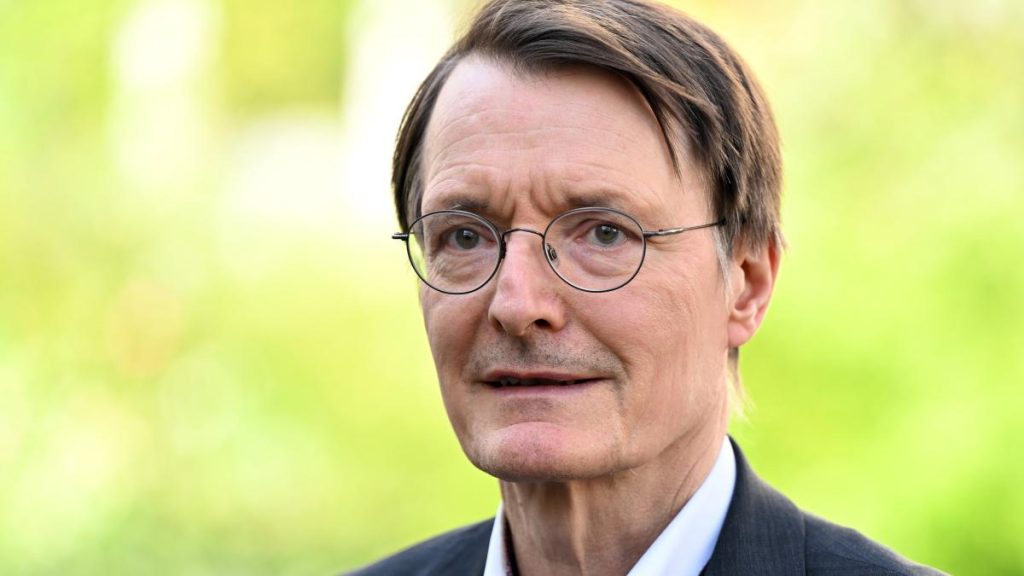Germany’s COVID-19 pandemic response has been under scrutiny, with the release of protocols from the Crisis Committee of a central health authority shedding light on decision-making processes. Virologist and epidemiologist Prof. Klaus Stöhr criticized the lack of scientific data in the risk assessments, highlighting concerns raised by experts. The protocols, obtained by an online portal, revealed discussions within the RKI Crisis Committee from January 2020 to April 2021. Health Minister Karl Lauterbach defended the RKI’s independence and stated that the institution acted appropriately during the pandemic.
Claims of political interference in the RKI’s risk assessments in March 2020 were refuted by Health Minister Lauterbach, who emphasized that the Institute’s decisions were made independently. Schwärzung, or redaction, of the protocols was criticized by FDP Vice Chairman Wolfgang Kubicki for lack of transparency. The decision to increase the risk assessment for the population from “moderate” to “high” in March 2020 was scrutinized, with allegations of external directives influencing the decision. The protocols, which were obtained through a request under the Freedom of Information Act, raised questions about the transparency of decision-making processes during the pandemic.
Former member of the COVID-19 expert council Virologist Hendrik Streeck expressed concerns over the extensive redactions in the RKI protocols, particularly regarding vaccine-related discussions. He questioned the necessity of hiding information from the public, suggesting that transparency was crucial for building trust. Criticism of the redactions prompted demands for full disclosure of the protocols by politicians such as Wolfgang Kubicki, who called for transparency in the decision-making process. The controversy surrounding the protocols has led to calls for further investigation into the handling of the pandemic by opposition parties.
The Bündnis Sahra Wagenknecht (BSW) called for an in-depth inquiry into the pandemic response, advocating for a parliamentary investigation to shed light on the restrictions imposed during the crisis. The demand for a comprehensive review of the measures taken during the pandemic reflects a growing concern over the transparency of decision-making processes. Meanwhile, the AfD has criticized the politicization of COVID-19 measures, calling for a thorough examination of the RKI protocols to understand the basis for the government’s actions. The debate over the protocols has sparked calls for accountability and transparency in the management of the pandemic.
Health Minister Lauterbach rejected the establishment of an inquiry commission into the handling of the COVID-19 pandemic, citing the presence of an expert council within the Chancellor’s office. Emphasizing the importance of scientific evaluation, Lauterbach defended the government’s approach to addressing the crisis. Concerns over the politicization of the pandemic response and the need for a comprehensive review of the decision-making processes have fueled demands for greater transparency. The release of the RKI protocols has reignited debates over the government’s handling of the pandemic and raised questions about the role of scientific institutions in shaping public health policies.


